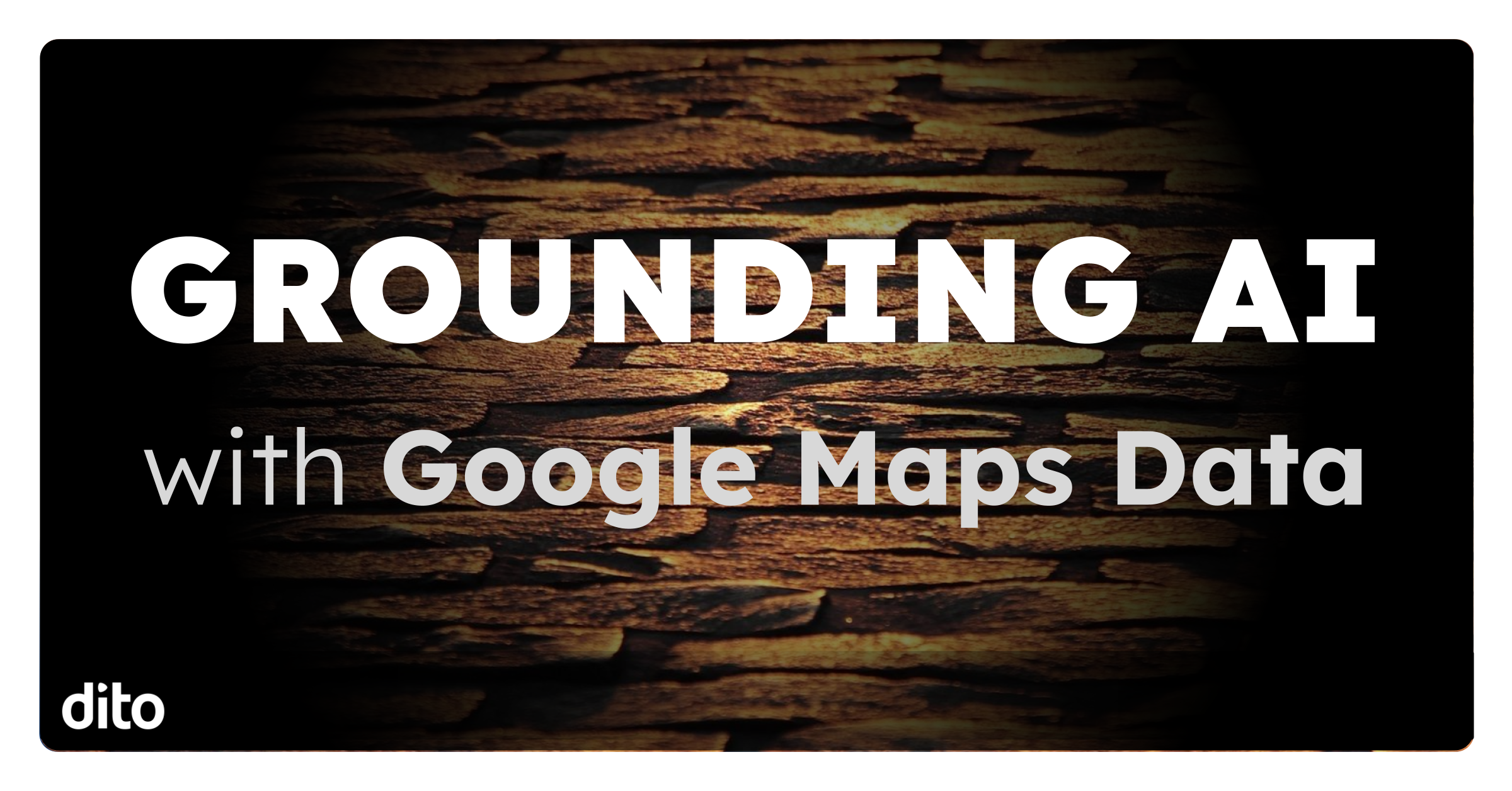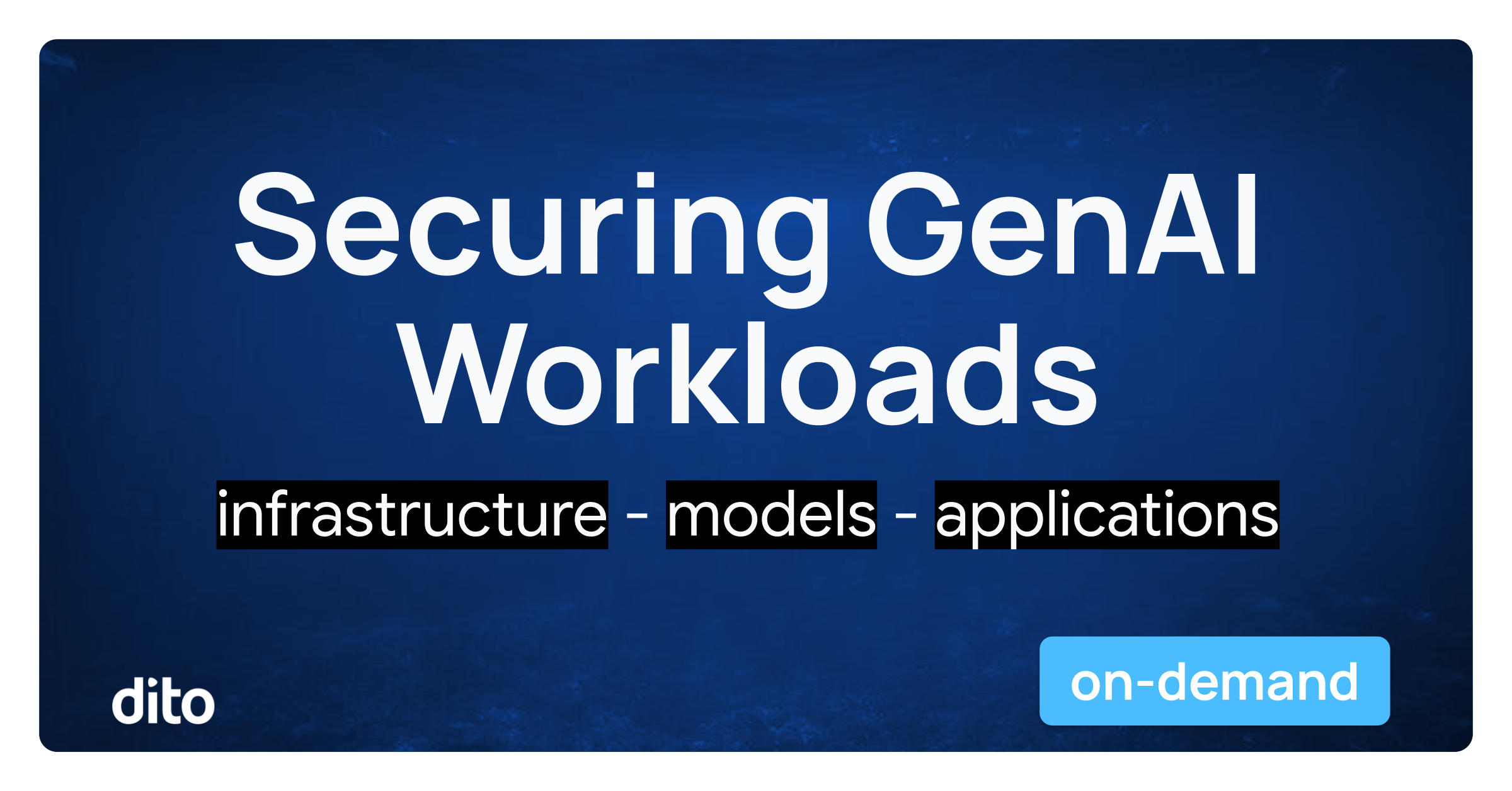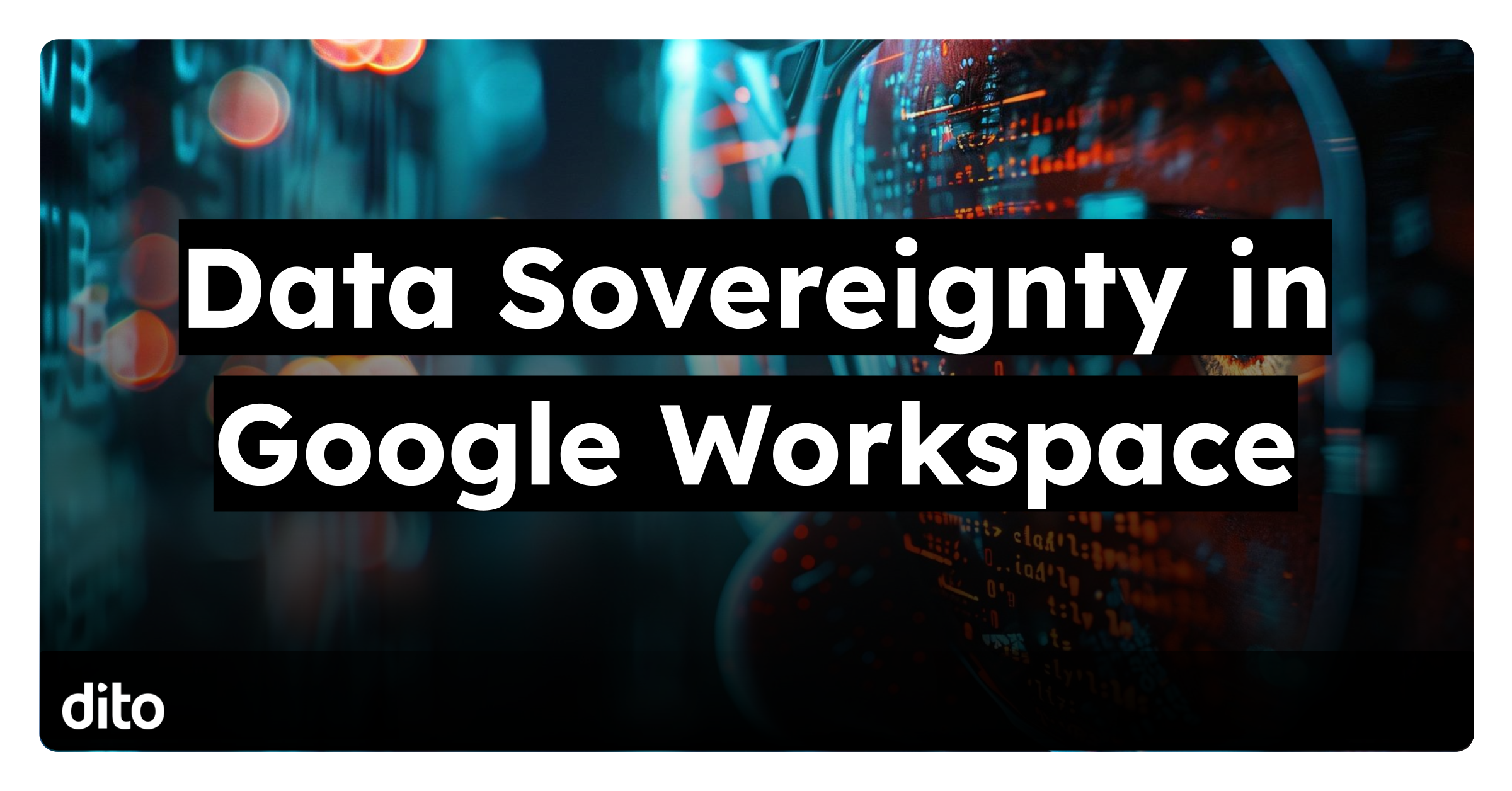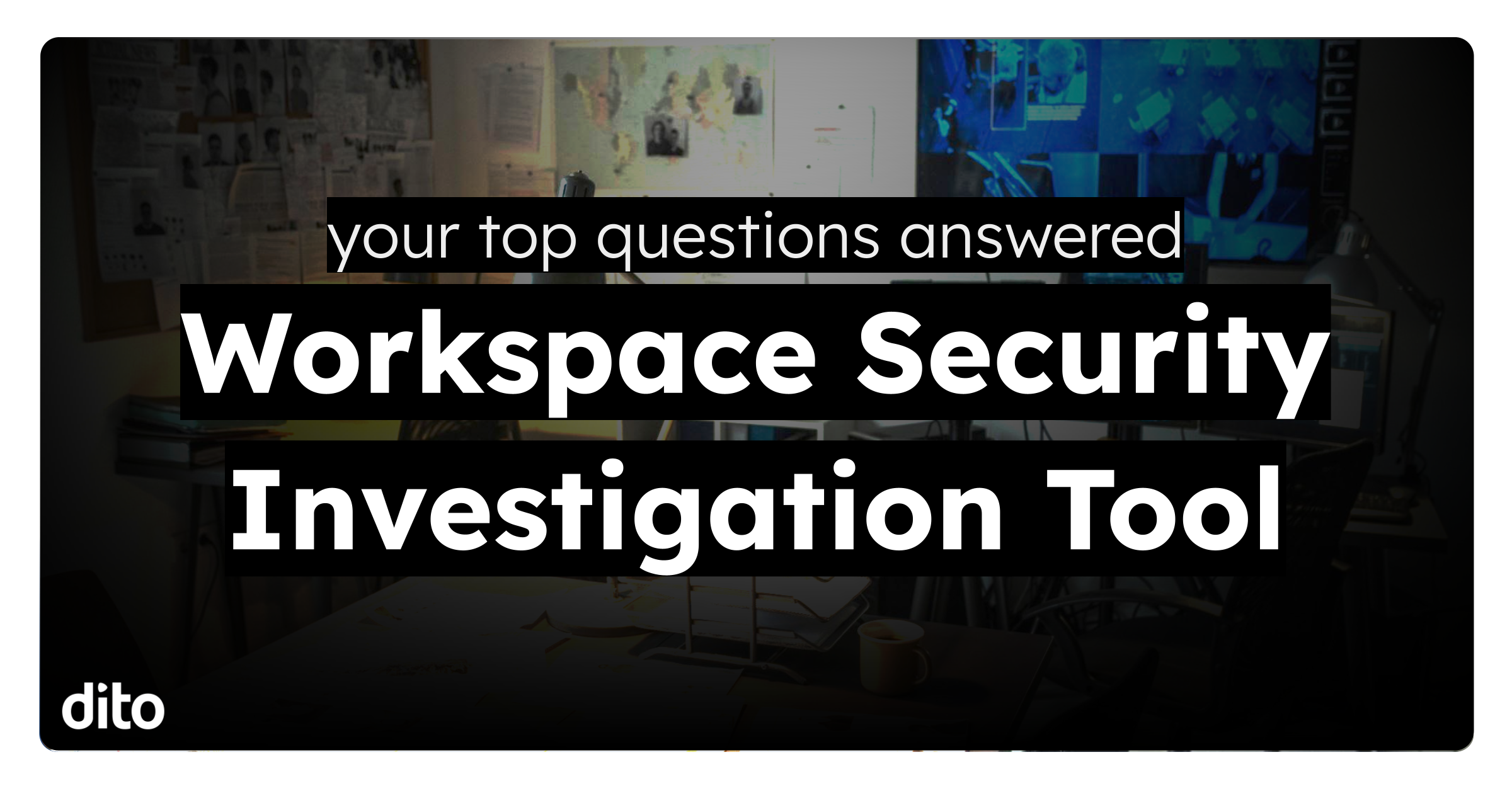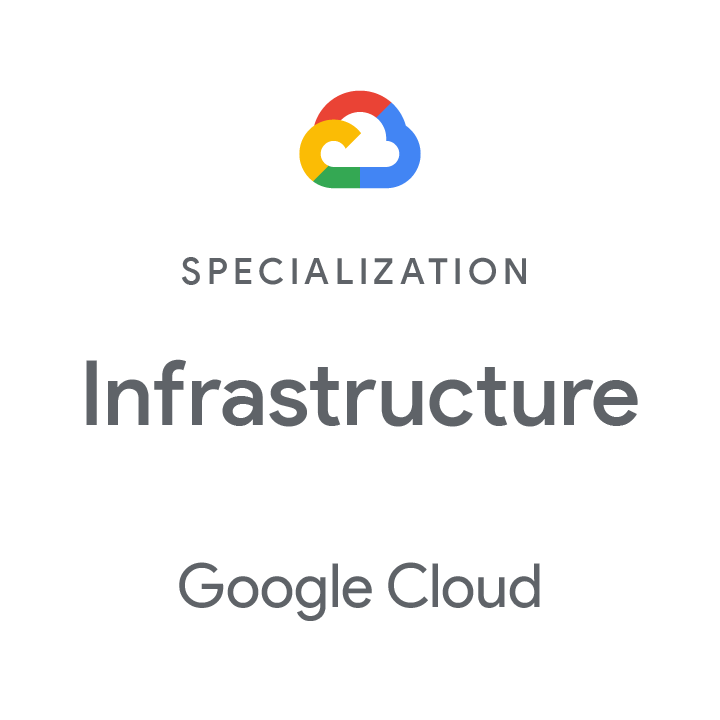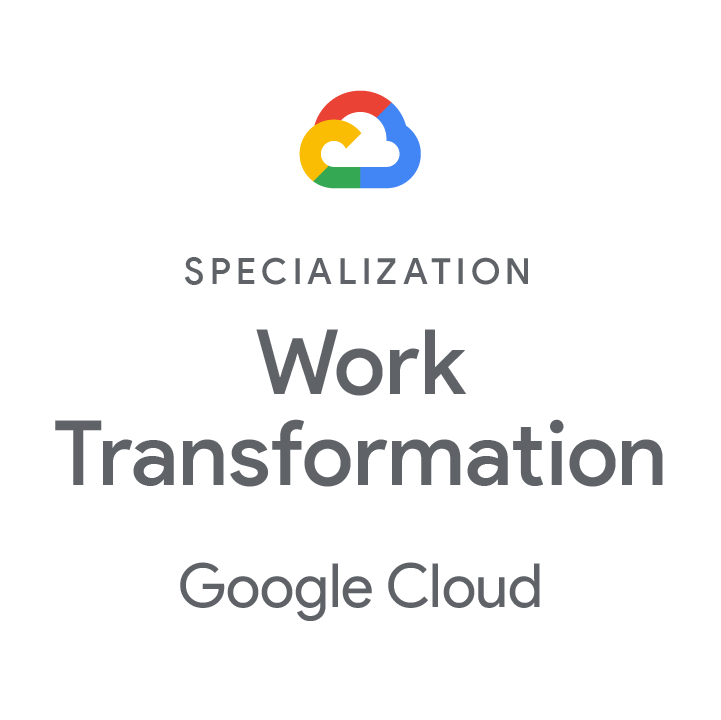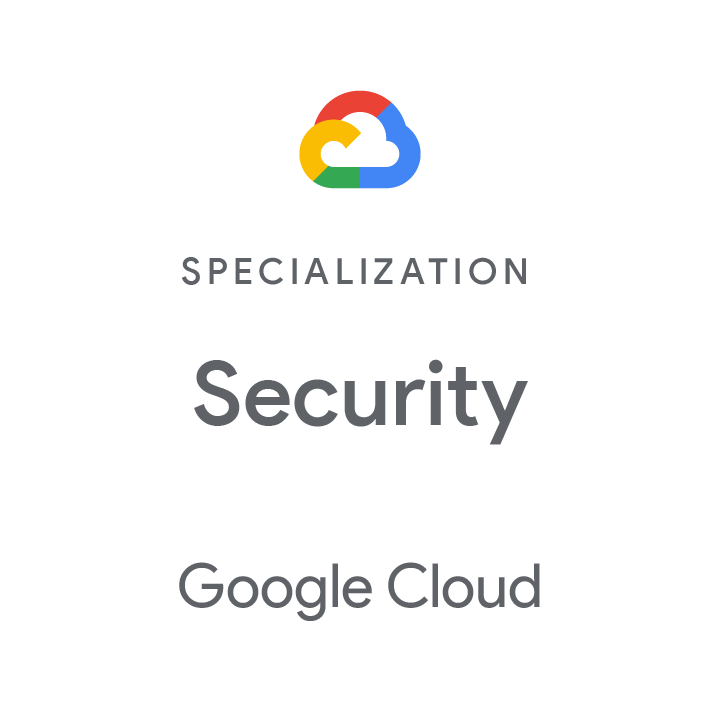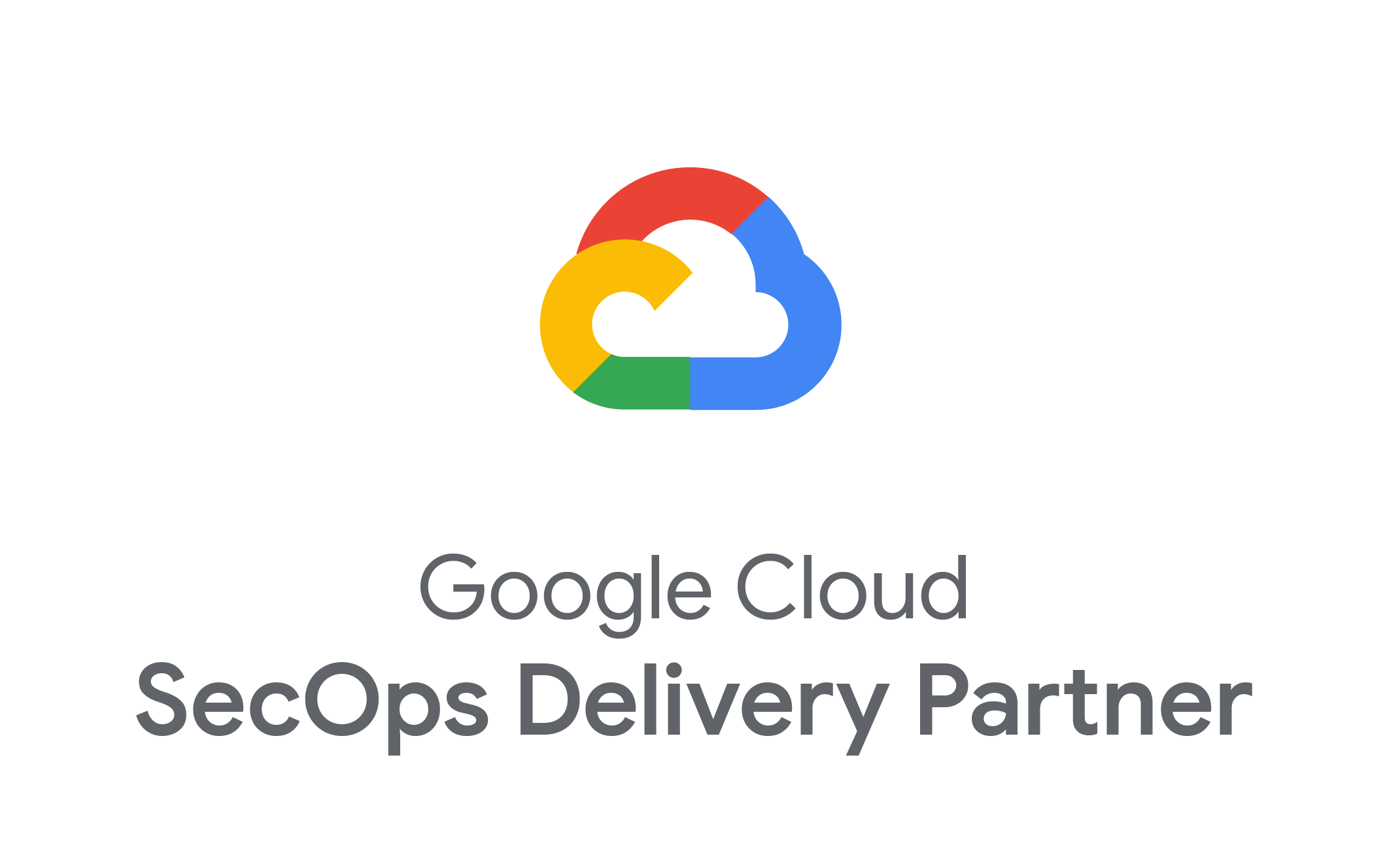We’ve all seen it. You ask an AI a simple question and it gives you an answer that’s confidently incorrect.
This can be especially prevalent if it involves up-to-date information on local businesses. Maybe it confidently states a restaurant is open when it’s closed, or it invents a charming café that simply doesn’t exist, or assumes an office is wheelchair accessible when it is not.
This phenomenon of “hallucination” is one of the biggest hurdles to building generative AI applications that users can truly trust. For businesses, this isn’t just an inconvenience; it’s a credibility crisis waiting to happen.
What if your AI could be connected to reality?
What if it had a reliable, constantly updated source of truth about the physical world?
That future is here.
With the new ability to ground AI applications with Google Maps data directly within Google Cloud’s Vertex AI platform, developers can now build generative AI solutions that are accurate, trustworthy, and deeply connected to the real world around us by tapping into Google Maps data as a source of truth.
Why Google Maps Data is a Game-Changer
An AI’s value is directly tied to the quality of its data. For questions about the real world, there is no better source of truth than Google Maps. This isn’t just a static map; it’s a living, breathing dataset of over 250 million places worldwide, updated daily.
By grounding your AI application in this data, you are fundamentally changing its nature. You are anchoring its responses in reality, ensuring that when a user asks for store hours, accessibility information, or service availability, the answer reflects the real world, right now. This solves the core problem of trust and transforms your AI from a novelty into an indispensable tool.
It’s Not Just a Lookup, It’s AI Reasoning
So, how does it work?
This is where the magic happens. You don’t need to be an expert in mapping data or manually tell the AI what to look for. The service uses the powerful reasoning capabilities of Google’s Gemini models to understand the user’s intent in plain English.
Imagine a user asking your travel app: “Is ‘The Italian Place’ good for children, and do they offer takeout? What is their rating?”
An ungrounded AI might guess. A grounded AI, however, understands the distinct parts of the query. It automatically accesses the Google Maps data to check specific “place properties” like:
- Good for Children
- Offers Takeout
- Rating (based on real user reviews)
It then synthesizes this information into a precise, reliable answer, like: “‘The Italian Place’ is good for children and offers takeout. It has a rating of 4.2 stars based on 411 reviews.” This is the power of AI reasoning combined with a world-class data source.
Hyper-Local Data Transforms Customer Experiences
When your AI can confidently answer detailed, location-specific questions, you unlock a new tier of personalized user experiences. The use cases are as diverse as the businesses that will build them:
- For the Modern Traveler: AI travel assistants can move beyond generic suggestions. A user can ask, “Find me a coffee shop with Wi-Fi and wheelchair-accessible restrooms near my hotel in Christiansburg,” and get an instant, accurate list of options.
- For the Savvy Homebuyer: A real estate platform can dynamically generate neighborhood descriptions tailored to a client’s lifestyle. For a family with children, it can highlight nearby parks and family-friendly restaurants. For a young professional, it might focus on gyms, nightlife, and public transit.
- For Everyday Needs: Any application can become a local expert. From “Find a late-night pharmacy that accepts credit cards” to “Does this restaurant have outdoor seating for tonight?”, the possibilities for providing immediate, valuable help are endless.
And this isn’t limited to just text. The optional Google Maps contextual widget allows you to visually supplement the AI’s response with a rich, interactive map directly within your app, creating a seamless and intuitive user experience.
The Future is Grounded in Reality
The era of generic, unreliable AI chatbots is over. The competitive advantage will go to businesses that build intelligent applications their customers can depend on. By grounding your AI in the real world with Google Maps, you are not just providing better answers—you are building trust, enhancing engagement, and delivering true, context-aware value.
The real world is complex, dynamic, and full of detail. It’s time your AI was, too.
Getting Started
For developers and product teams, this capability is integrated via the Vertex AI generateContent endpoint by simply enabling the googleMaps tool in your API request. While the service is in Preview (meaning it’s still evolving), now is the time to start exploring how you can connect your AI applications to the world’s most comprehensive source of place information.
Connect with one of our Google Maps specialists to learn more about getting started.
